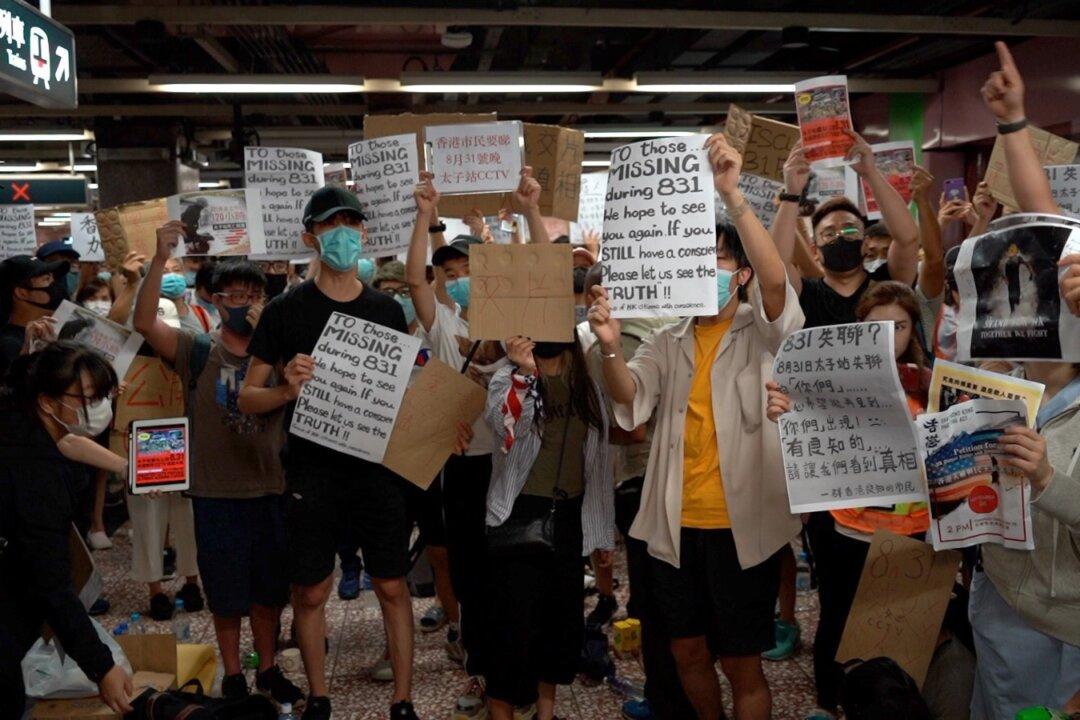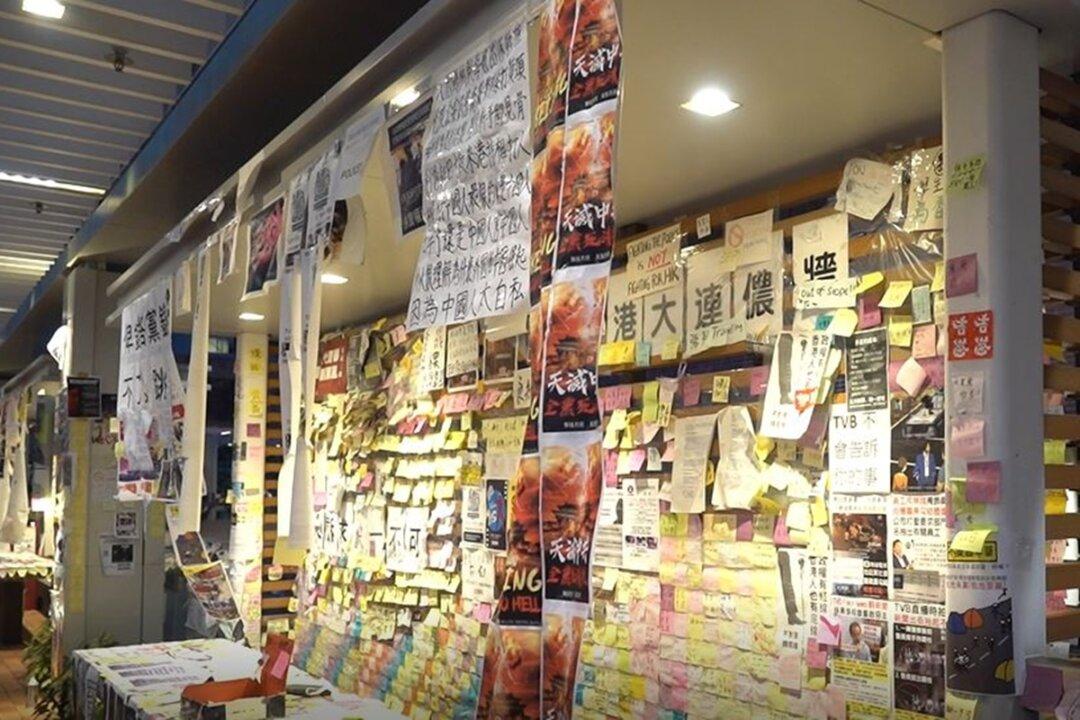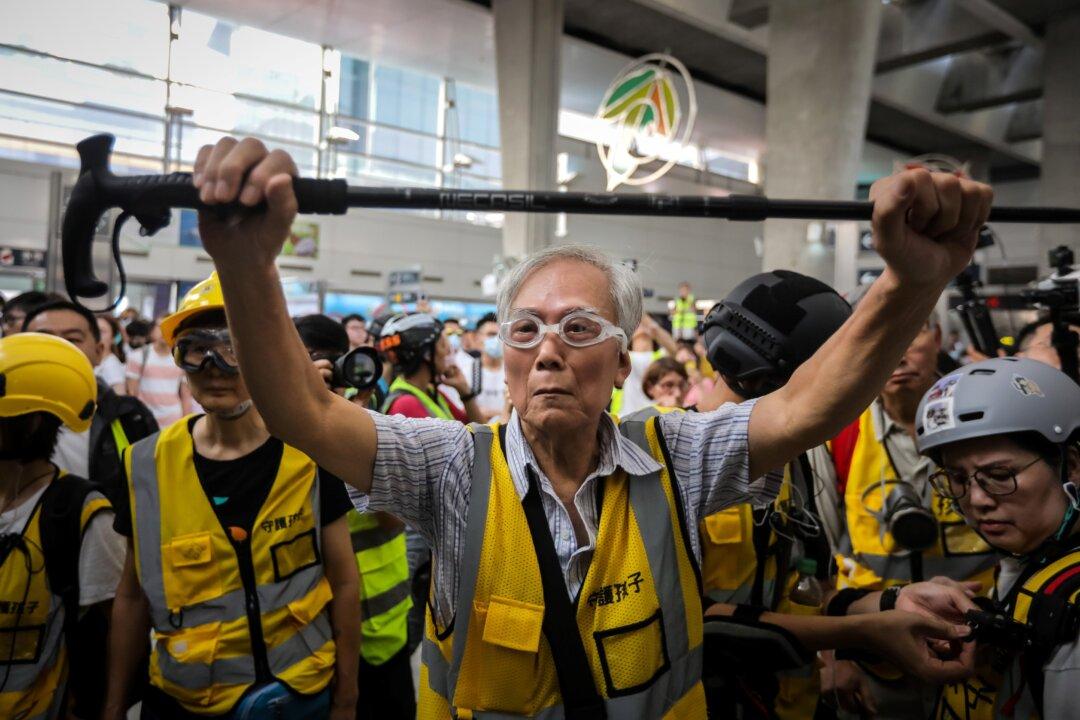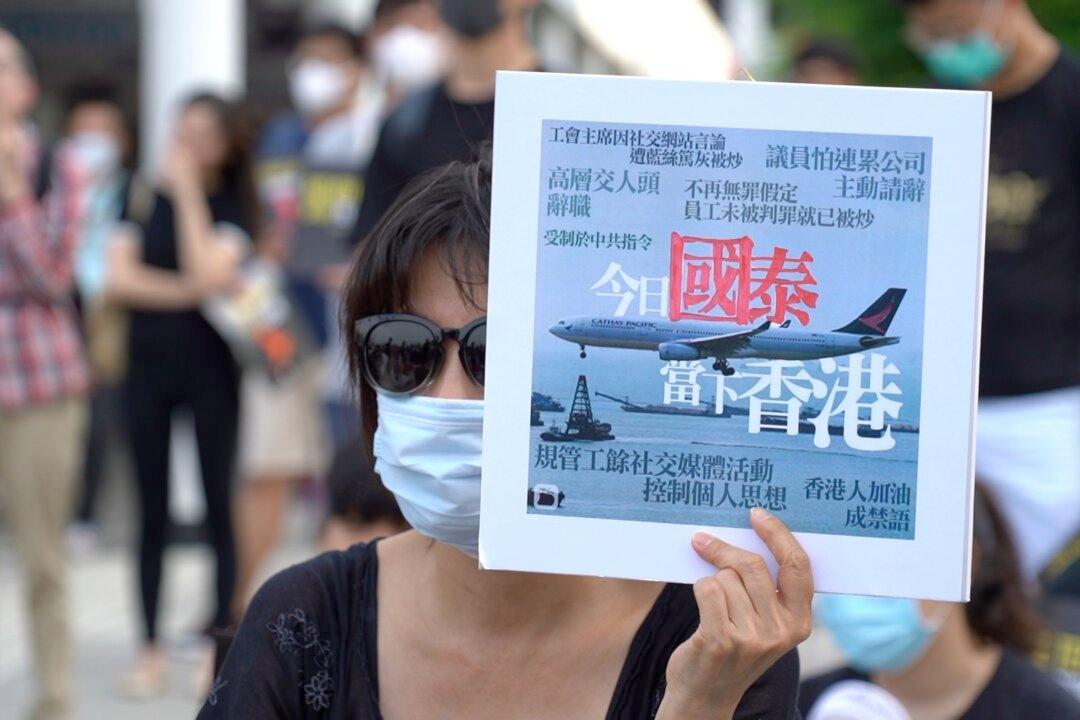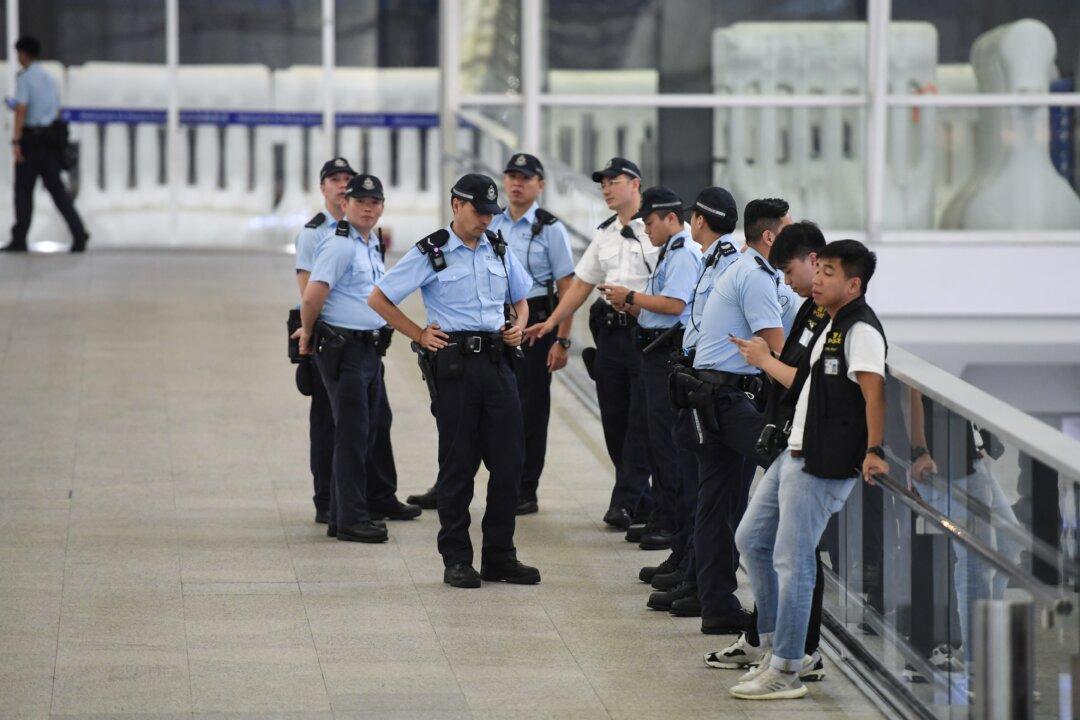HONG KONG—Citizens continue to protest after Hong Kong leader Carrie Lam announced earlier in the week that a controversial extradition bill would be formally withdrawn.
Protesters gathered outside the Prince Edward metro station on Sept. 6 amid growing concerns that people went missing after police stormed inside the station last weekend and indiscriminately beat and subdued passengers whom they suspected of being protesters who committed offenses.
